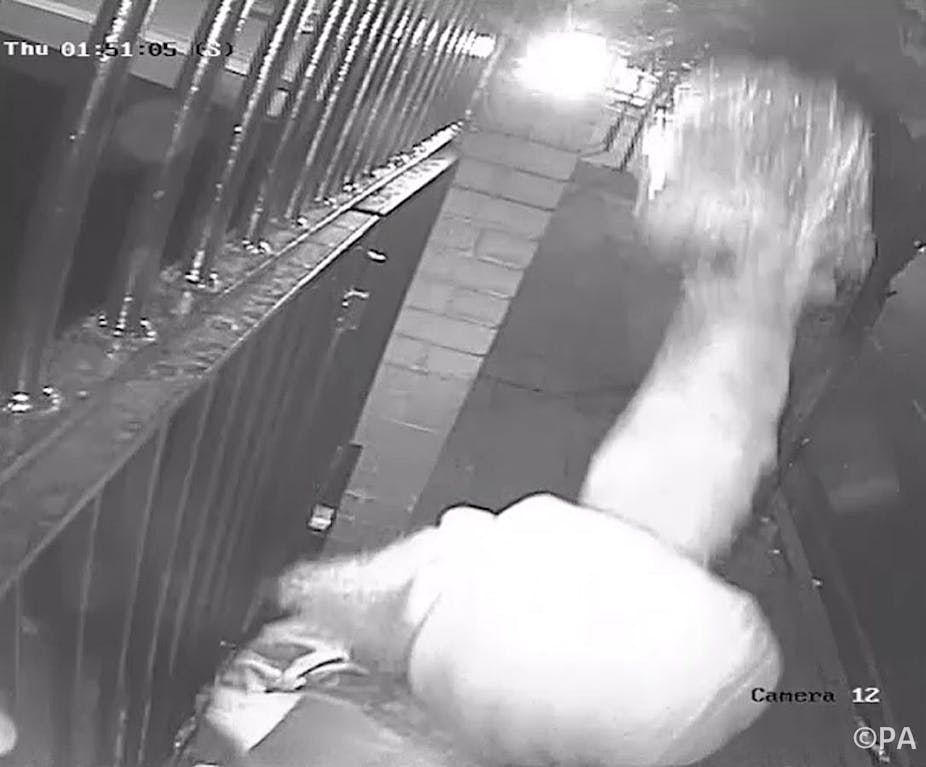In the tense atmosphere since the UK’s vote to leave the EU, the publication of the government’s new hate crime action plan has come at a crucial time. The number of hate crimes reported to police has soared in the month since the referendum and there is increased anxiety among many minority groups in the UK.
The new plan, which had been expected for some time and builds on a similar document published in 2012, emphasises the crucial role of prevention, with the government recognising how education can challenge the beliefs and attitudes that underpin the formation and expression of hatred.
Prejudicial attitudes are formed early on and young people are frequently the victims and perpetrators of hate crime. This cannot simply be tackled at a school level – universities are also key. Hate crimes at university are massively under-reported and under-recorded and students have long been neglected in debates about hate crime.
And if the government is serious in its goal of getting more successful prosecutions for hate crime, it needs to make sure that both the police – and those involved in reporting and responding to these crimes – receive the appropriate training to make this happen
A cancer on society
A new commitment to improving support for victims of hate crime is also key. Hate crimes are particularly damaging to victims given the attack on their personal identities, as well as the consequences for their families, communities and wider society. These crimes are divisive and strike at the heart of democracy, damaging us all.
The government has provided of an extra £2.4m to help improve the security of particular communities and religious venues. It has also indicated a commitment to tackling hate crimes on public transport and in high-risk locations and industries, such as staff working in bars and nightclubs and taxi drivers.
New plans to improve the reporting and recording of hate crime, including by third parties, are to be commended – though close attention must be paid to which avenues are appropriate for which communities. People will report to those that they trust.
The government has also acknowledged the issue of tackling incitement to hatred through the internet. This is a problematic area for the police, who will need considerable support to tackle it, particularly from internet providers. For too long, people have been able to spread hatred protected by the cloak of anonymity. This must be dealt with more robustly with effective penalties.
Yet, although there is a reference to online revenge porn in the new plan, there is no recognition of street harassment of women as a hate crime. Nottinghamshire Police are the first police force in England and Wales to have recently taken the long-overdue step of recording misogynistic street harassment of women as hate crime. Research from TELL Mama, a group which supports victim of anti-Muslim hate, highlighted that much abuse of Muslim people is of women, often identified by their dress and targeted while going about their daily business such as collecting children from school. Tackling this misogyny is key.
Prosecution and training
Since the publication of the 2012 action plan, there have undoubtedly been improvements in reporting, recording and more recently, in the prosecution of some – but not all – types of hate crime.
For far too long hate crimes have been prosecuted as an underlying offence or as anti-social behaviour which undermines reporting and confidence in the criminal justice system. Disability hate crime is a pertinent example of this, due in part to confusion over how hate crimes against some disabled people manifest as “mate crime” This involves the befriending of disabled people by those who go on to exploit and abuse them.
The issue of training remains of fundamental importance. My recent work has stressed that the police require improved training and resources to tackle hate crime effectively – something also highlighted back in 2012. While there have been some improvements, the national picture is far too fragmented and inconsistent. And hate crime is not solely the province of the police, it requires the input of a range of other agencies and affected communities.
In times of austerity and an increasingly hostile climate towards minority groups, we need to think intelligently about what kind of training the police need about hate crime and how to ensure that they get sufficient exposure and interaction with community groups. Training needs to take place across the various agencies involved in tackling hate crime to prevent the “silo” effect that has hindered prosecutions.
Increased levels of dissatisfaction with responses to hate crime documented by the Crime Survey for England and Wales show that the system is letting people down. So the success of the new action plan will be measured by actual achievements on the ground and how satisfied victims are with the way the authorities deal with hate crime.

